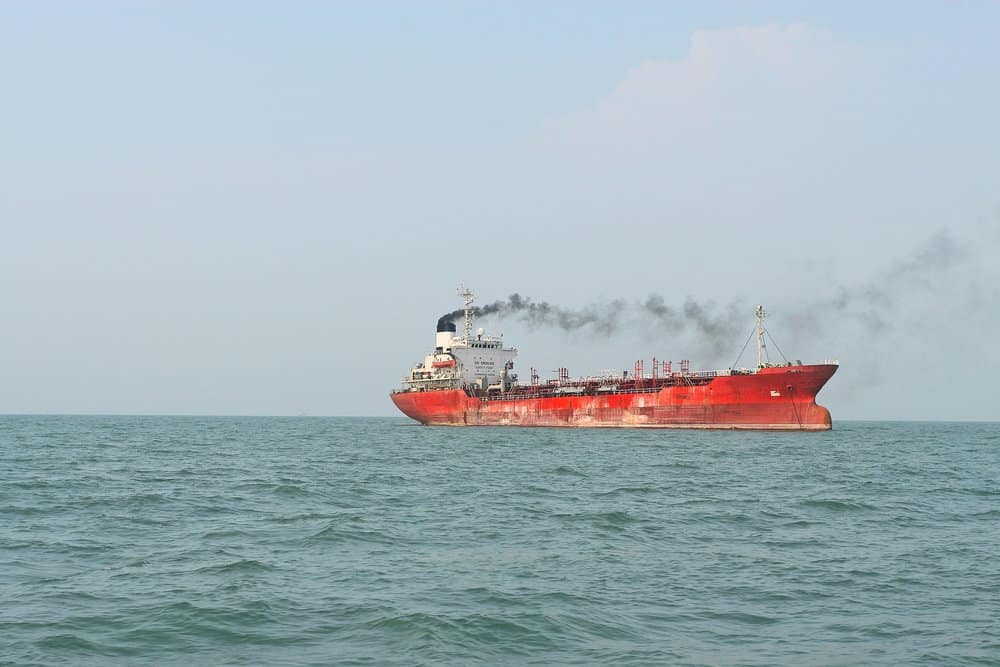The path to an eco-friendly logistics business is a challenging route.
The international community has long been concerned about the environmental impact of fuel use. The use of fuel to power vessels is essential to shipping, and has long driven the industry. However, the industry is now being forced to decrease the amount of sulphur in marine fuel, with new International Maritime Organization (IMO) regulations going into effect in early 2020. The IMO’s goal is to decrease the amount of sulphur by more than 80%, according to the Wall Street Journal. Initially, the international community agreed on this reduction agenda, but now, a few members are expressing doubt and hope to postpone the plan.
Members concerned about the rollout of these new rules include the U.S., Greece, and flag states, including Panama, Liberia, and the Marshall Islands.
The U.S. believes the new regulations will have a detrimental impact on the economy and energy markets. Additionally, the U.S. suggests the IMO allow a training phase for the shipping industry, allowing them to understand the availability of cleaner fuels and their effect on shipping operations.
Various ocean carriers are worried about the costs of clean fuel and the emissions removal technology required. The Wall Street Journal has reported this process can cost ocean carriers an estimated $15 billion annually, which would definitely increase fuel surcharge costs for customers.
Finally, Greece also raised their concern of overall safety, questioning the source and availability of new fuels, and how safe they are to utilize.
The IMO remains firm on their intent to implement the rules in January 2020, as planned.
IMO Secretary-General Kitack Lim has emphasized that the shipping industry has had an adequate amount of time to prepare for the new regulations. Furthermore, he explains that all IMO members, including the few previously-mentioned ones now in disagreement, agreed to the adoption and implementation of cleaner fuel usage regulations back in 2016. The discussions surrounding cleaner fuels started a decade ago in 2008. While Lim sympathizes with the industry’s various concerns, he also believes that the time given to prepare was more than enough and the rollout must move forward as outlined.
Massive changes to the shipping industry can create excitement as easily as concern.
Fuel usage and its impact on the environment has been always been a challenging topic for the shipping industry. However, the amount of time needed to implement rules may need some adjustment. Only time will tell if the shipping industry will be ready for such a monumental change.




